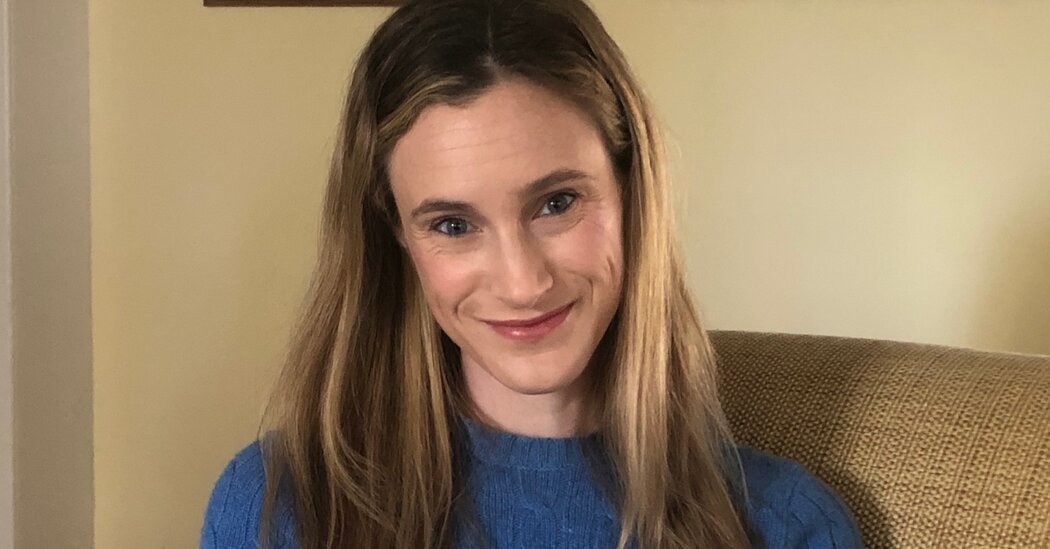Post-Covid, I can still do some of these things, which is more than many long-haulers can say, but only because they are virtual and therefore sedentary: pandemic life allows for visiting museums and viewing the performing arts virtually and attending work and board meetings online. So I can do it all from a seated position. I read endlessly on the couch to my daughter, and we play pretend games with me in a supine pose, while my husband does the vertical parenting that I can no longer do. He cooks for the family, he does the bike rides with our daughter. He would replace me as the chaperone to swimming lessons and ballet class, but for the pandemic.
Thanks to my medical background, good referrals from friends and an online forum called Body Politic, which includes a discussion group for Covid long-haulers, I have been diagnosed with dysautonomia, a disorder of the autonomic nervous system that is commonly triggered by viral infections. The autonomic nervous system controls involuntary functions in our bodies such as heart rate, blood pressure and digestion. When it is damaged by an infection or other cause, these functions go out of whack.
My specific form of dysautonomia, called postural orthostatic tachycardia syndrome, or POTS, was coined in 1993 by Dr. Phillip Low and his team at the Mayo Clinic, though it went by other names throughout history. POTS precludes standing for more than a few minutes at a time, because autonomic damage prevents blood vessels in the lower extremities from properly returning blood to the heart and brain against gravity. Heart rate can double or triple on standing, and lack of oxygen to the brain and upper body lead to many of the symptoms seen in POTS patients: dizziness, headaches, shortness of breath, chest pain, “brain fog.”
If a POTS patient does stay vertical for a prolonged period, he or she can be left with massive fatigue, light and sound sensitivity, tingling extremities, temperature intolerance and gastrointestinal problems (again, all the bodily functions of the autonomic nervous system gone awry).
POTS is not life-threatening, unless a patient faints and suffers a serious head injury, but the degree of disability that it causes is equated to that of congestive heart failure or chronic obstructive pulmonary disease. Data from the Mayo Clinic shows that about half of POTS patients have some improvement in symptoms over an average of five years. It’s too soon to know how the course of Covid-induced POTS might unfold.
[ad_2]
Source link


